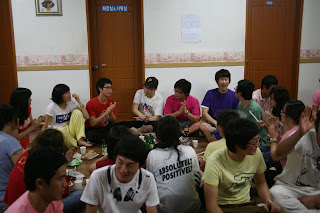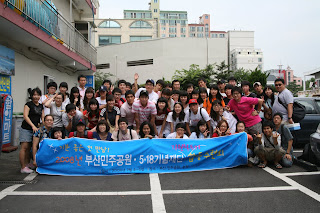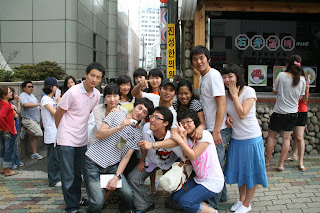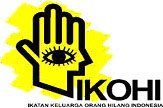Since it establishment, the Foundation has carried out numerous projects in various fields, including organizing memorial events, establishing scholarships, fostering research, disseminating information to the public, publishing relevant materials, dispensing charity and welfare benefits, building international solidarity, and awarding The Gwangju prize for Human Rights.
Every year the Foundation opens volunteer opportunity for students and youth. Twice in a year during the month of March and November they can apply as volunteer. This system started since 2004 and as years go by become more systematic.
The Foundation open this opportunity for volunteers to be educated about the significant of May 18 Gwangju Democratic Uprising. When they join as volunteer in the Foundation, they can learn about the history, spirit of the struggle, and practice to be an activist.
The requirements to be the volunteer is not difficult, everyone can apply but mostly the Foundation accept university students. Before becoming a volunteer, they must attend the education program for 1 month: history education, tour to historical places, make a project in group, etc. Only after they have finished all education programs will they become volunteer of the Foundation. After they finished one year as volunteer, the Foundation will give them certificate.
May 18 Cemetery
The work system is not strict. Normally, they just come to the Foundation at least once a week. There are no specific work for them. They must come every education program. Especially on March, they must to come and help for the May events. In cases where the volunteer don’t come and loose contact for 2 months, automatically she or he will be out from the list.
Volunteers are involved on the Foundation’s events (domestic and international events), like: the Gwangju International Peace Forum, the Gwangju Prize for Human Rights, the Nanjang-Human-Free Concert, Red Festa, etc. Mostly on March, they become busy and almost everyday come to the Foundation to help with preparatory work.
Gwangju International Peace Forum & Gwangju Prize for Human Rights
Nanjang-Human-Free Concert
Red Festa


Besides their involvement with events, the Foundation has other program for the volunteers which is the Asia NGOs Internship Program (Volunteer Internship Program). This program gives them a big opportunity to be sent abroad for a duration of 10 months. Every year at least 10 volunteers are sent abroad. The aims of the program are to improve and broaden its relationship with non-governmental organizations through the medium of exchange programs and internships with human rights and peace organizations overseas. The program was created in 2001 to further the cause of human rights and peace in Asia and United States through international solidarity and co-operative networking. The intern is required to return to Korea following the completion of the program. They must to make their report and will have presentation after 2 months they arrive in Gwangju, South Korea.
For 2008, the Foundation will send 11 volunteer abroad. They are:
1. Eun-gyeong Lee - Rainbow's Center, New York
2. Ji-eun Kim - Rainbow's Center, New York
3. Jin-O Jung - Korean Resource Center, Los Angeles
4. Jeong-hoon Park - Korean Resource Center, Los Angeles
5. Seon-yeong Jo - YKASEC, New York
6. Jin-yi Ki - YKASEC, New York
7. Seo-young Yang - IKOHI, Indonesia
8. Tae-wook Kang - PVCHR, India
9. Hee-seop Lee - Shelter for the Poor, Bangladesh
10. Mi-su Na - PPDD, Thailand
11. So-young Ki - Comultiversity, Philippines
the 2008 United State Intern Volunteers
the 2008 Asia Intern Volunteers

As an intern in other organizations abroad, they must help work. They will get knowledge and experience. After their 10 months internship, they must go back to the Foundation and make a report. They will have presentation in front of the staff and other volunteers.
As descendants of the generation of 1980, the volunteers have responsibility for keep and always commemorate the history of the May 18 Gwangju Democratic Uprising. They must understand that the freedom and democracy in Gwangju is because of the victory of the heroes of May 18 Gwangju Democratic Uprising.
Mr. Kim Chanho, director of the Culture and Solidarity Team, said that the foundation wants them to become activist volunteer on human rights, democracy, and peace. The volunteers are not only given their power like a robot, but also they can use their mind and heart. By being involved in events they will much learn and get knowledge, and also have lot of meaningful experiences.
link: http://www.518.org/









































































